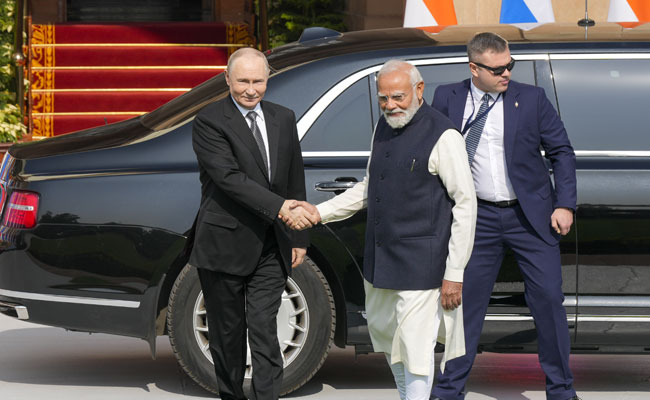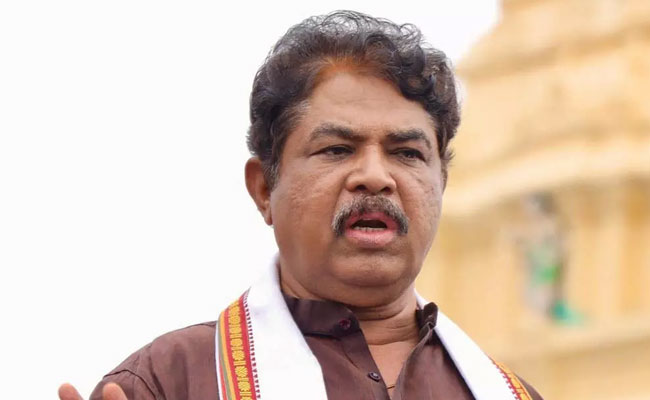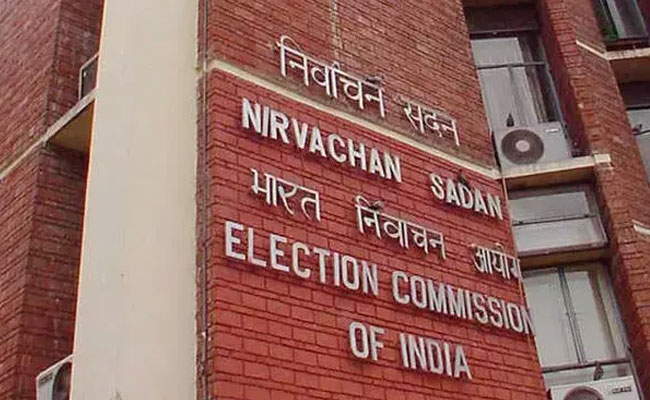Mumbai, April 23: Fortis Healthcare on Monday said Hero Enterprise Investment Office and the Burman Family Office have extended the validity of their 'improved binding offer' till May 4, 2018.
According to a BSE filing, "all other terms and conditions of the improved offer remain unchanged".
On April 19, Sunil Kant Munjal of Hero Enterprise as well as Anand Burman and Mohit Burman of the Burman family approached the Board of Fortis Healthcare with a binding offer to invest Rs 1,500 crore directly in the company.
The 'improved binding offer' replaced their original offer made to the Board on April 12, 2018 to invest Rs 1,250 crore directly in Fortis Healthcare.
The development comes days after Fortis Healthcare disclosed that it has received "an unsolicited non-binding expression of interest (EoI)" from KKR-backed Radiant Life Care with "a proposal for making investment and or re-structuring the company subject to certain conditions as mentioned in the offer letter".
As per an earlier BSE filing, Radiant Life Care has made an offer to buy a 26 per cent stake in the company at a price of Rs 126 per share, excluding the SRL Diagnostics' business.
Fortis Healthcare had earlier revealed that it has received a "supplemental proposal" from IHH Healthcare Berhad.
Besides IHH, Fortis Healthcare has received "an unsolicited non-binding expression of interest (EoI)" from Fosun Health Holdings for a possible due diligence.
Fosun Health Holdings has made an offer of a "primary infusion at a price up to Rs 156 per share, subject to due diligence to be completed within three weeks, up to a total investment of $350 million" including a preliminary investment of up to Rs 100 crore.
However, Fortis Healthcare on March 27 had announced plans to demerge its hospitals business (Fortis Hospitals) into Manipal Hospital Enterprises Private Ltd (Manipal Hospitals).
The plan envisages the sale of the company's 20 per cent stake in SRL Ltd to Manipal Hospitals.
On last Thursday, Fortis Healthcare decided to constitute an "expert advisory committee" to evaluate all binding proposals for fund infusion. The panel is led by Deepak Kapoor, Former Chairman and CEO of Price Waterhouse Coopers, India and has been "requested to provide a report of its recommendation to the Board, by April 26, 2018".
The company has named Renuka Ramnath and Lalit Bhasin as members of an "expert advisory committee". Ramnath is a former MD and CEO of ICICI Venture and Bhasin, President, Society of Indian Law Firms and Managing Partner, Bhasin & Co.
The panel is likely to meet by April 25 to decide on the merger or buy offers.
Let the Truth be known. If you read VB and like VB, please be a VB Supporter and Help us deliver the Truth to one and all.
Mumbai (PTI): Aviation watchdog DGCA on Friday eased the flight duty norms by allowing substitution of leaves with a weekly rest period amid massive operational disruptions at IndiGo, according to sources.
As per the revised Flight Duty Time Limitations (FDTL) norms, "no leave shall be substituted for weekly rest", which means that weekly rest period and leaves are to be treated separately. The clause was part of efforts to address fatigue issues among the pilots.
Citing IndiGo flight disruptions, sources told PTI that the Directorate General of Civil Aviation (DGCA) has decided to withdraw the provision 'no leave shall be substituted for weekly rest' from the FDTL norms.
ALSO READ: 49 Indigo flights likely to be cancelled from Hyderabad
"In view of the ongoing operational disruptions and representations received from various airlines regarding the need to ensure continuity and stability of operations, it has been considered necessary to review the said provision," DGCA said in a communication dated December 5.
The gaps in planning ahead of the implementation of the revised FDTL, the second phase of which came into force from November 1, have resulted in crew shortage at IndiGo and is one of the key reasons for the current disruptions.
#BREAKING: #DGCA relaxes a clause which debarred airlines to club leaves with weekly rest to mitigate #IndiGo crisis
— Economic Times (@EconomicTimes) December 5, 2025
🔴 Catch the day's latest news here ➠ https://t.co/8eVBGnsJUA 🗞️ pic.twitter.com/KUWc8R2Kso




